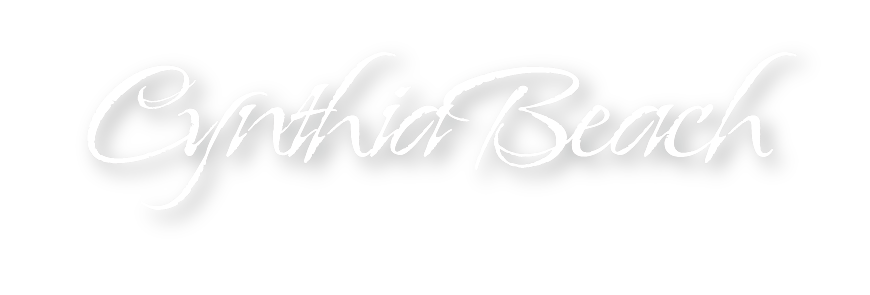Begin Anew
White cotton curtains framed the window overlooking silvery Puget Sound.
I, a Midwesterner, was waking in a strange room, alone and far from home. In fact, nearly the entire United States wedged between me and my husband.
What had I done?
What I had done was step toward a dream: to get an MFA—one on Whidbey Island, Washington preferably. And here I was.
Soon I hurried over a sidewalk that appeared to end in the Sound. Beyond that illusion were the violet-shaded Cascades. To my right perched several Victorian houses, our classrooms at Camp Casey.
Classrooms? I knew classrooms. I was middle-aged—45—and had been nearly two decades at college teaching. I taught writing. For years. What could I learn?
As I neared the second house, I slowed at its doorway. To be in another’s class, I realized—to be a student again, I needed to do something. I needed to set down my accomplishments: my teaching career, my writing conference, my whole nine yards.
As the workshop class began, Professor Bruce Holland Rogers asked us what we were thinking as we entered. When I explained my conviction, he gave me a phrase I needed: “beginner’s mind.”
He said, “We get arrogant because we get used to projecting an image of competency.”
An antidote to this bad adulting habit, he suggested, was beginner’s mind. Let things be new. Let our humility open new knowing.
Parker Palmer visits this theme too in On the Brink of Everything and applies it to our writing. “To get unstuck, I must let go of my ‘career’ as an established writer and begin again as a novice. In truth, I am a novice in every new moment of every day.”
Needing to show our competency will only shut us down—perhaps especially in our writing. Begin again. Move forward with beginner’s mind. Let yourself go.
